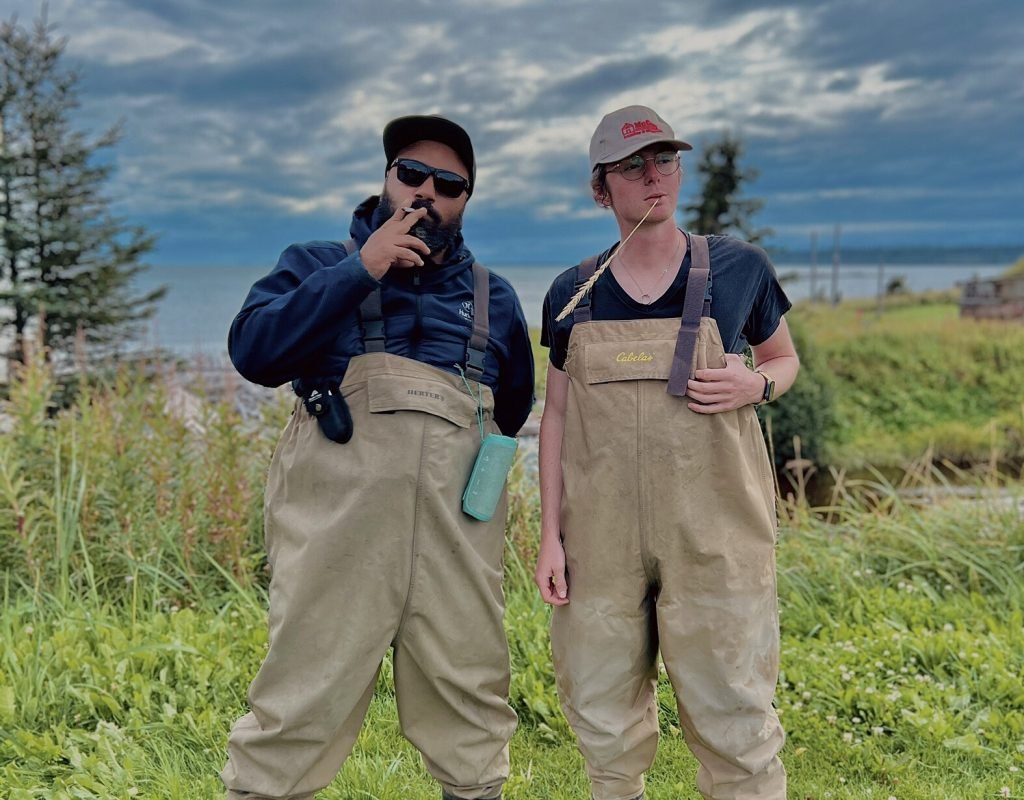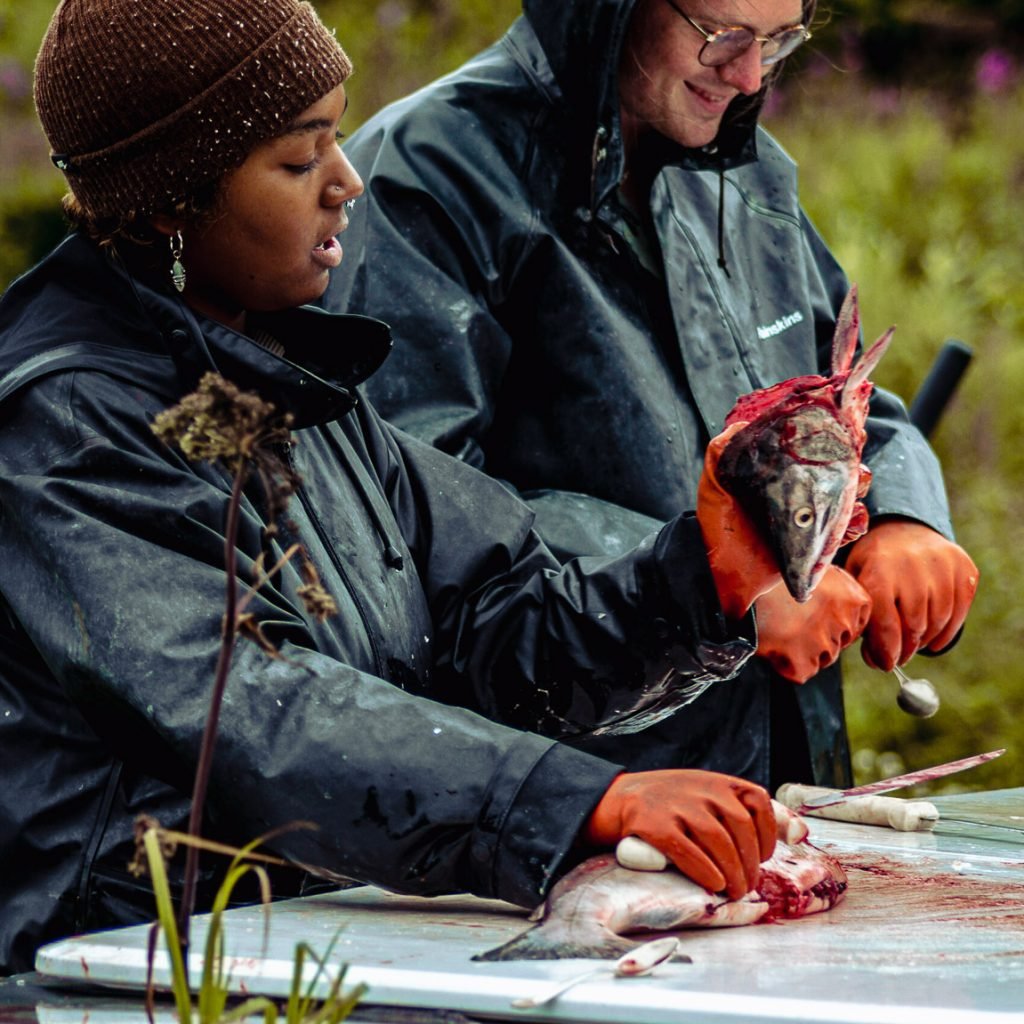Work trade, volunteering, internships, or even pro bono (Why is it even called pro bono? I’ll talk about that later) is something that not many people consider nowadays in a world in which monetary gain determines class, culture, and the well-being of people. However, I am here to introduce you to the astoundingly positive side of work-trade as well as the parts that dwell in the shadows. We’ll also talk about what a work-trade agreement entails, and how you can use this post as a way to navigate the challenges that come with volunteering or getting paid less than a handsome sum of money.
There are many ways you can contribute to the broader picture by providing your time and energy. Your reimbursement for this time and energy is what changes the details. Most of us do this 8 hours a day, 5 days a week, and we call it a “job”. In essence, a job is created around a formal, monetary exchange for services provided and has career growth potential. There is always the unspoken rule of “you work hard, or you work here for an extended period, you’ll get paid more as a thank you for your commitment.” Whereas work trade compensation involves less monetary gain and focuses on accommodation, meals, and unique experiences. There are many other terms for working without monetary value but we will just talk about it in terms of getting money or getting experiences. Many times you can have both!

While jobs involve clear commitment, formal contracts, and a focus on financial compensation, work trade embraces variety, cultural immersion, and the pursuit of diverse, often short-term, experiences. The key distinction lies in the nature of the exchange: money in a job, and a diverse array of non-monetary benefits in a work trade.

Pro bono is a Latin term that translates to “for the public good”. It is mostly tied to professions of medicine, law, marketing or consulting but it can be for any sort of volunteer work. “Working pro bono” can be as simple as house-sitting while your friend is away.
Pros of a Work-Trade
Cultural Emmersion
Interaction with Locals
Participate in Festivals and Events
Religious or Spiritual Practices

The Mutual Exchange
An amazing gift that travelers give to others is an insight into their own culture. No matter who you are, you will be the face of the culture you come from.
Even when there is a stark contrast between travelers and locals, when there’s mutual respect, you can create lifelong bonds by exchanging cross-cultural conversations and body language
Positive Impact
The bridges you build, literally or metaphorically, alter the course of communities and the people that live within them.
For the community
During your time within the community, you have a chance to change lives within a short timeframe. You may make an environmental impact, perhaps you provide an education to those who cannot afford it, you have the power to strengthen relationships not only in your own world but your impact will be left long after you leave. Your name may be spoken in rooms you’ve never been in, with people you’ve never met. Your story and your energy is what you give.
Leaders always get paid more. That a saying I love but it can also be tied to volunteering. You aren’t getting paid monetarily but you get an astounding boost of happy chemicals by helping others. I love this mindset because it puts into perspective how good it can feel to be a leader, to offer a helping hand, to offer guidance and make other peoples lives easier.
Volunteering isn’t always about changing the world; it’s about changing yourself in the process.
Cost Saving
It’s not uncommon for me to spend 200-400 dollars a month. Period.
Let me tell you how I live my life as of the year 2023, and going into 2024. I will work a seasonal job that offers free housing or at a steep discount. The seasonal job is even better if meals are included! During a season of work (2-5 months) you can make anywhere from $1500-$3000 a month depending on what industry you’re in. When none of that money goes to rent, none of it goes to a car payment or insurance, it stacks up pretty quickly and you’re essentially walking out of the job with your entire paycheck.
During or after the seasonal job, I will have set up a volunteer position that puts me into a culture or place i’ve never been before. That money I made in the seasonal job? It will be used for transportation and some experiences. THATS IT. Housing, experiences, food, and more are all on the table of the volunteer agreement. When months go by like this, that money I made during one season can last a whole year if its used wisely.

Many people who accept volunteers and work-traders help with transportation around their town or city. By putting yourself in a role in which you give without monetary expectation, you will meet people who give just as much or more. This becomes a self-sustaining system.
By using something like worldpackers, workaway, or woof, your money can go 5 or 6 times as far.
Skill Development
This is one of my favorite, selfish parts of volunteering or doing a work trade. In traditional jobs, the expectation is that you learn a skill and stick with it. In a work trade you can be given a colorful array of tasks that can give you meaningful skills.
Often in a work trade or volunteer position, you’ll be going in with little to no experience about what you’re about to do and that’s okay. There is no expectation of perfect work in these positions. The expectation is you develop a new skill that you can take with you in the future. This is true for soft skills and hard skills.

Hard Skills
Agricultural skills
Language proficiency
Teaching or tutoring skills
Environmental conservation
Culinary skills
Research
Marketing and digital marketing
Public speaking
Carpentry
and so many more.
Soft Skills
Organization skills
Project management
Teamwork and collaboration
Adaptability
Cross-cultural communication
Leadership and initiative
Time management
Conflict resolution
Creating boundaries
and lastly
Independence.
Challenges of Work Trades
Lack of Formal Training
The absence of structured training poses a hurdle for developing proficiency in a skill. Without a clear roadmap, its not uncommon to navigate tasks without in-depth guidance. This situation demands a self-driven approach, urging you to embrace the soft skills of self-motivation and adaptability. You develop a unique blend of determination and flexibility so the role given to you can be fulfilled.

Varied Work Conditions
For those seeking consistency, volunteering and work-trades pose a serious challenge. The nature of tasks, work settings, and organization can fluctuate significantly. Each day of the week could be a new concept. Your adaptability and positive attitude is going to be important! You wont be given a challenge in which you can’t handle. From helping at rustic farms surrounded by nature, to contributing in bustling urban hostels, each work trade experience is a unique chapter. Though, this is exactly what gives travel richness and depth.

Limited Income Potential
Volunteering can be more challenging when taking into consideration that most of us have specific financial obligations. The modest financial compensation can be a concern but it also creates opportunities for financial optimization. cultural immersion can be a cost-free activity, networking for discounts on experiences, meal planning, using local resources, using local transportation, and embracing minimalism are all ways to increase the value of your dollar. Since accommodation is provided, living expenses can be reduced and although money isn’t coming in, it’s not going out quickly either.
Unpredictability

None of us have taken care of a goat before and during the first night of having Spot, I woke up having to pee and noticed he managed to get out of the pen that we fortified during the day. 3 am, I am figuring out where to put this goat, meandering over several acres through wet grass, soggy feet, brainstorming on where to put him where he felt less alone. His impression of a woman screaming in agony was a deterrent to leaving him alone. I couldnt find the appropriate spot and lost some sleep that night. However in the coming days we learned a lot about goats.
During our experimentation with him, we learned that he enjoys the company of chickens and turkeys! He spent most of his time in the chicken coop and when outside of that, he loved going on walks with the 2 other dogs.
Life’s most memorable stories are often written in the ink of unpredictability, where each plot twist becomes a chapter worth retelling. I can also say I’ve gained the unique skill of goat caretaker.
Cultural Adjustment Challenges
- This is taboo why would they act like that?
- They speak so rude how can anyone be friends here?
- I said to meet up at 2 its already 2:15 where are they?
- This music is inappropriate
- It’s 3 am and they still want to party?
- This marriage tradition is misogynistic
The list goes on and on, but thats only if you cannot see into the culture you’re now a part of. “Find the why” of these traditions. Remember, judgment builds walls while understanding builds bridges. You’ll have a greater time understanding than judging. I promise. Also, no offense, It’s not about you. Every culture has the same or similar problems, but each one has its own unique equation for them. Humans are social. With everyone needing socialization, theres several different avenues for each individual.
Some social traditions are easier to understand than others. Here are some for example
- Going to a tea house
- Hiking with a friend
- Going to a club
- Enjoying a drink at a cafe
- joining a book club
- Any socialization around a craft (knitting, drawing, baking, etc.)
My point in mentioning this is
Just because you don’t see the point now, doesn’t mean you won’t later. There’s always a reason for a culture being the way it is. With an open mind, you’ll transcend any culture or language barrier and get to building long-lasting connections.

Limited Networking Opportunities
You can think of networking experiences as if its highschool. That sounds like a nightmare, I agree, but I only mean it in a sense that whoever is there, you’re stuck with, whether you like it or not.
You create a friendship that will last a lifetime, or you meet your mortal enemy. It isn’t that black and white though.
Your new companions will also have different life aspirations and moral compases. Id highly recommend speaking with these people and learning their lessons, regardless of their jobs, beliefs, and decisions. Everyone has something to teach if you’re willing to listen.
These people you meet have a high chance of never being in your life again after this experience. You can say that for most jobs though right? Regardless of your time together, get the most out of it by being attentive and inquisitive.
Conclusion
Exploring work trade opens the door to a world of unique experiences, cultural immersion, and personal growth. While traditional jobs offer financial compensation, work trade provides a diverse array of non-monetary benefits, from building lifelong connections to making a positive impact on communities. The pros of work trade, including cultural immersion, cost savings, and skill development, far outwigh the cons in my own (biased) opinion. Embracing the unpredictability of work trade, one can gain valuable skills, adaptability, and a deeper understanding of different cultures, transcending language and societal barriers. Despite its challenges, work trade stands as a gateway to a fulfilling and enriching journey. Your experience and memories are yours to keep for the rest of your life. Fill them well with stories that can only come from work trade.
My love for traveling dwells within the intangible yet profound experiences that come with “working for free”.





